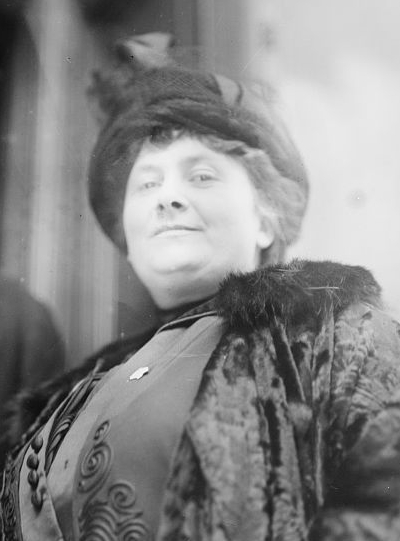This is a companion article to Schools for Gifted Children. There are a host of resources available to you on the Internet to help inform you about gifted children and how to educate them. As you sift through all this information, remember that your child is unique.
Because you are his parent, you must follow your own instincts about how to nurture and educate him. It is entirely possible that no one program or school setting will satisfy his needs and requirements. If you approach educating your gifted child as your responsibility and not somebody else's responsibility, then you will take ownership of your child's education. At that point schools and enrichment programs are adjuncts to what you are providing.
Parenting a gifted child is an enormous responsibility. As the authors of Helping Gifted Children Soar state so succinctly: "Parenting a gifted child is like living in a theme park full of thrill rides..."
National Association For Gifted Children
This umbrella organization offers a vast array of resources and information. If you are looking for enrichment programs for vacations and breaks in the school year, check out their Resources Directory.
IQ Tests and Evaluations
- Wechsler Tests
Schools don't actually administer these tests. You will pay a professional psychologist to administer it. - A Place to Start: Is My Child Gifted?
There is a difference between a bright child and a gifted child.
Sites About Gifted Children
- About.com's Gifted Children
This site offers comprehensive coverage of the topic

























